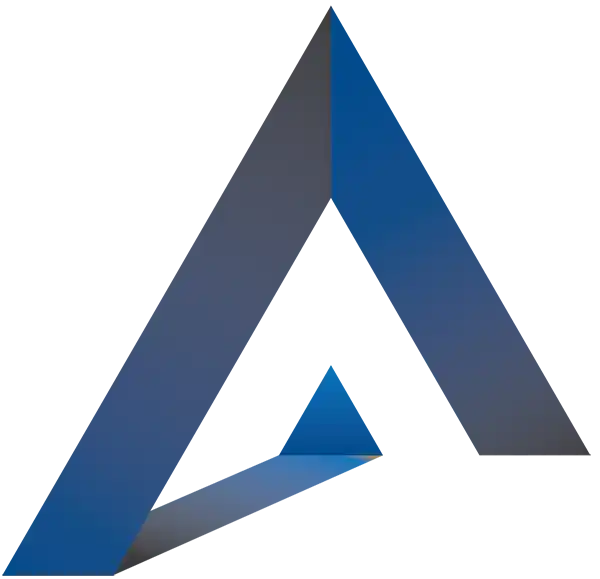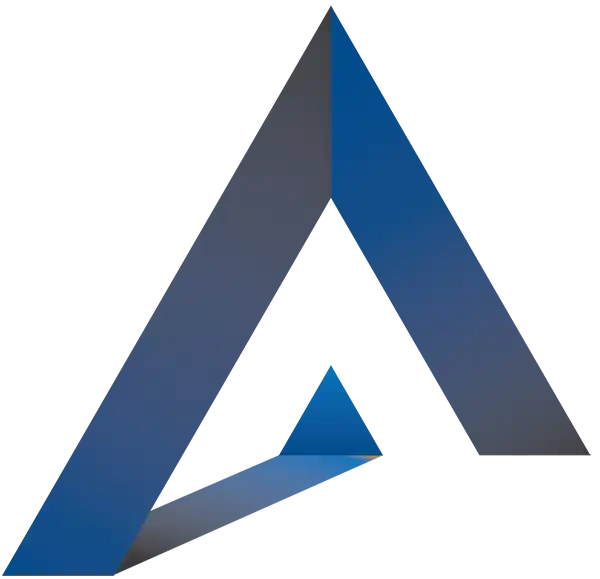Mortgage Blog
Getting you the mortgage you deserve
Top 5 Mortgage Options for Self-Employed Canadians
November 21, 2024 | Posted by: Dominion Lending Centres National Advantage Mortgages
Are you self-employed and looking to secure a mortgage in Canada? The process can feel daunting, especially when traditional lending criteria don’t fit your unique financial situation.
But don’t worry—there are mortgage options designed specifically for self-employed Canadians that can help you reach your homeownership goals.
At DLC Advantage Mortgage, we specialize in helping self-employed individuals navigate the mortgage landscape quickly and confidently. Keep reading if you’ve ever wondered about the best mortgage options for self-employed individuals. We’re about to break down the top choices available to you.
1. Self-Employed No-Doc Mortgages
For self-employed Canadians who don’t have traditional pay stubs or tax documents to prove their income, a self-employed no-doc mortgage could be the solution. This type of mortgage doesn’t require detailed proof of income like pay slips, which can be a major barrier for those working independently. Instead, lenders will look at your business history, credit score, and overall financial stability.
Key Features:
- Minimal paperwork required.
- Flexible eligibility requirements.
- It is ideal for business owners with inconsistent income.
However, be prepared for higher interest rates and potentially a larger down payment. Since no documentation is required, lenders take on more risk, which is reflected in the mortgage cost.
2. Stated Income Mortgages
Another great option for self-employed Canadians is the stated income mortgage. With this option, you simply state your income, and the lender takes your word for it. You don’t need to provide extensive documentation, but you will still need to prove your creditworthiness.
Key Features:
- There is no need for tax returns or pay stubs.
- The lender relies on your stated income to determine loan eligibility.
- Ideal for individuals with a good credit score.
While the process is simplified, the lender will still assess your financial situation, including your business’s stability and loan repayment ability. This option can be handy if your income fluctuates seasonally or if you’re in a business that doesn’t provide standard documentation.
3. Alt-A Mortgages (Alternative Lenders)
Alt-A mortgages are a popular choice for self-employed individuals who can’t meet the strict requirements of conventional lenders. These mortgages come from alternative lenders serving individuals with unique financial situations, such as the self-employed. Alt-A lenders often accept a more comprehensive range of income verification methods and are more flexible with credit history.
Key Features:
- More lenient income verification requirements.
- Competitive interest rates compared to no-doc mortgages.
- It is an excellent option if you have a less-than-perfect credit score.
Alt-A mortgages are perfect if you have a stable self-employed income but can’t provide traditional documentation like T4 slips. Their flexibility can be a huge advantage in securing the right mortgage.
4. Conventional Mortgages with Alternative Documentation
Consider alternative documentation options if you have a steady self-employed income but still want to apply for a conventional mortgage. Lenders may accept business bank statements, contracts, or invoices as proof of income instead of traditional tax forms. This lets you present a more accurate financial situation without relying on conventional documentation.
Key Features:
- Suitable for those with consistent self-employed income.
- It can offer better interest rates than no-doc or stated-income mortgages.
- More paperwork is required than no-doc options, but still less than conventional mortgages.
This type of mortgage is ideal for self-employed individuals with a predictable, steady income but lack the traditional paperwork. It’s a great way to bridge the gap between self-employment and conventional mortgage approval.
5. CMHC-Insured Mortgages for Self-Employed Individuals
If you’re a self-employed Canadian with less than a 20% down payment, a CMHC-insured mortgage might be the right fit. The Canada Mortgage and Housing Corporation (CMHC) offers mortgage insurance for self-employed individuals, making it easier to qualify for a mortgage with a smaller down payment.
This option is particularly beneficial for first-time homebuyers or those without a large down payment but with a strong credit history.
Key Features:
- Lower down payment requirements (as low as 5%).
- CMHC insurance protects the lender in case of default.
- It is ideal for first-time buyers or those with smaller savings.
While the process can require more paperwork than some of the other self-employed mortgage options, CMHC insurance can make getting approved easier even if you don’t have a large down payment saved up.
FAQs
1. Can I get a mortgage if I am self-employed in Canada?Yes! There are several mortgage options for self-employed individuals in Canada. Some options cater to your unique financial situation, whether you opt for no-doc, stated income, or CMHC-insured mortgages.
2. What documents do I need for a mortgage if I’m self-employed?
Depending on your mortgage option, you may need to provide business bank statements, contracts, invoices, or proof of your credit score. Options like no-doc and stated-income mortgages require minimal documentation, while alternative documentation mortgages will require more detailed records.
3. How much down payment do I need for a self-employed mortgage?
You’ll need at least 5-20% down for most self-employed mortgage options. However, CMHC-insured mortgages can allow you to buy with as little as 5% down if you’re a first-time buyer.
4. Can I get a competitive interest rate as a self-employed borrower?
Yes! While self-employed individuals may face slightly higher interest rates compared to salaried workers, options like Alt-A mortgages and CMHC-insured mortgages can still offer competitive rates.
5. How long does it take to get a mortgage if I’m self-employed?
The timeline for securing a mortgage can vary based on the type of loan and the documentation required. Generally, self-employed applicants may experience a slightly longer approval process due to the additional documentation needed, but it’s still a manageable timeframe with the proper support.
Conclusion
Mortgages can be tricky, especially for self-employed Canadians. However, with the proper guidance and a clear understanding of your options, you can find a mortgage solution that fits your unique needs.
Whether you opt for a self-employed no-doc mortgage, an Alt-A mortgage, or a CMHC-insured mortgage, there are plenty of ways for self-employed individuals to secure home financing.
At DLC Advantage Mortgage, we specialize in helping self-employed Canadians secure the best mortgage options. If you’re ready to take the next step, contact us today, and let’s make your homeownership dreams a reality.

